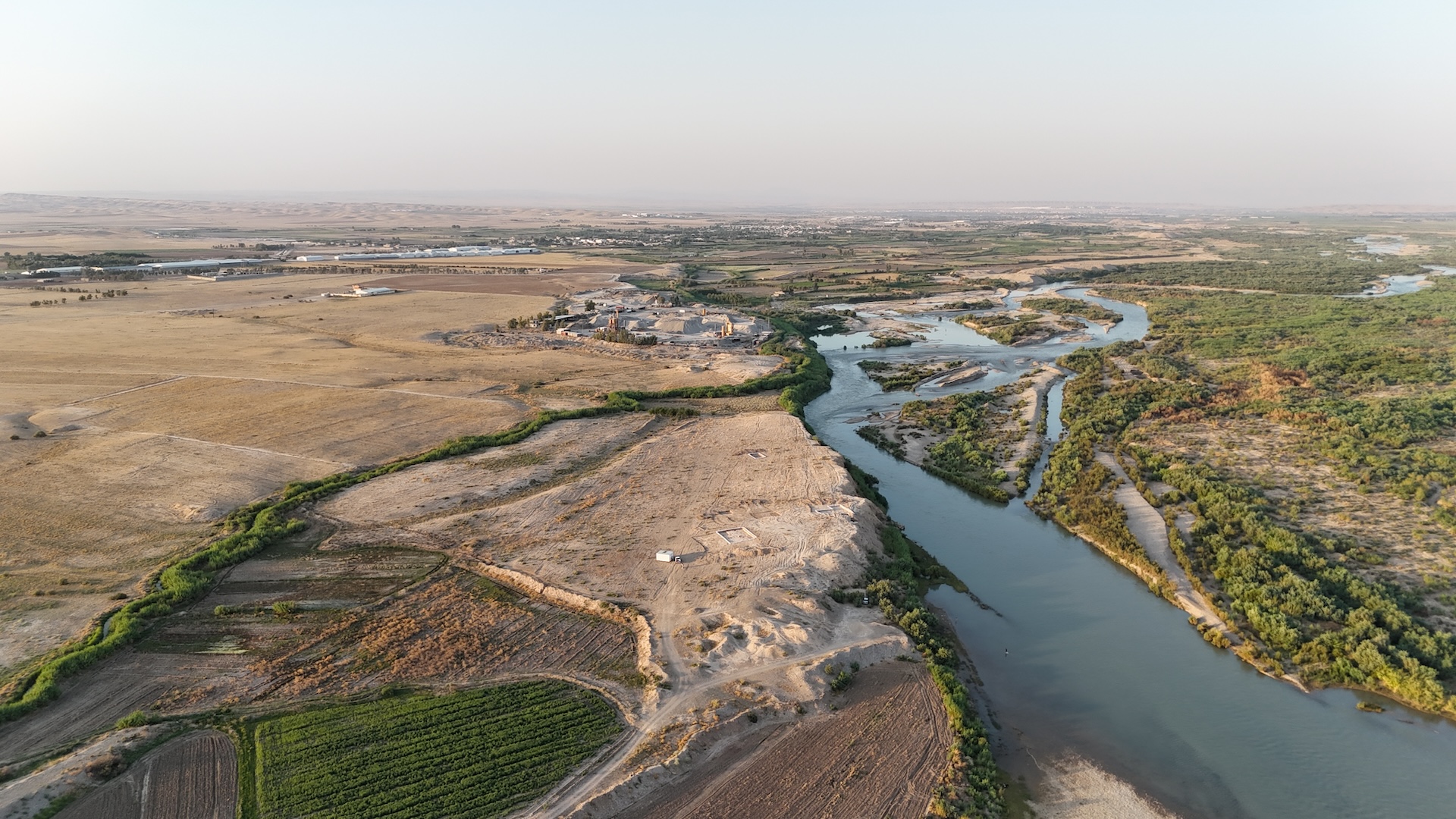Agriculture, Vol. 14, Pages 2206: Short-Term Impacts on Soil Biological Properties After Amendment with Biochar from Residual Forestry Biomass
Agriculture doi: 10.3390/agriculture14122206
Authors: Ana Carolina Morim Márcia Santos Luís A. C. Tarelho Flávio C. Silva
The increasing challenges posed by climate change demand efficient strategies to mitigate soil degradation. Valorization of low-grade residual forestry biomass (acacia) into biochar could be used as a soil amendment strategy. A short-term incubation assay was conducted in forest soil, where the effects of biochar produced at two pyrolysis temperatures (450 °C and 550 °C) with varying particle sizes (S < 0.5 mm, M = [0.5; 3.15], L > 3.15 mm) and application rates (0, 3, 6 and 10% (w/w)) were assessed. Organic matter was analyzed through the water-soluble carbon, hot-water-extractable carbon, and microbial biomass. Microbial activity was evaluated by measuring the soil respiration and metabolic quotient. Biochar application increased the water-soluble carbon by 21 to 143% and the hot-water-extractable carbon by 27 to 137%, while decreasing the microbial biomass to 86%. The soil respiration and metabolic quotient increased in all the conditions, indicating an increase in microbial activity but low efficiency in carbon mineralization. This suggests the inefficient acclimatization of the microorganisms to biochar, lowering their ability to co-metabolize the recalcitrant carbon. Additionally, the potential adsorption of beneficial nutrients onto the biochar could have inhibited their release into the soil, hindering microbial growth. Increased biochar application rates resulted in adverse effects on microbial communities, indicating possible inhibitory effects on the soil biota.

 1 day ago
22
1 day ago
22

